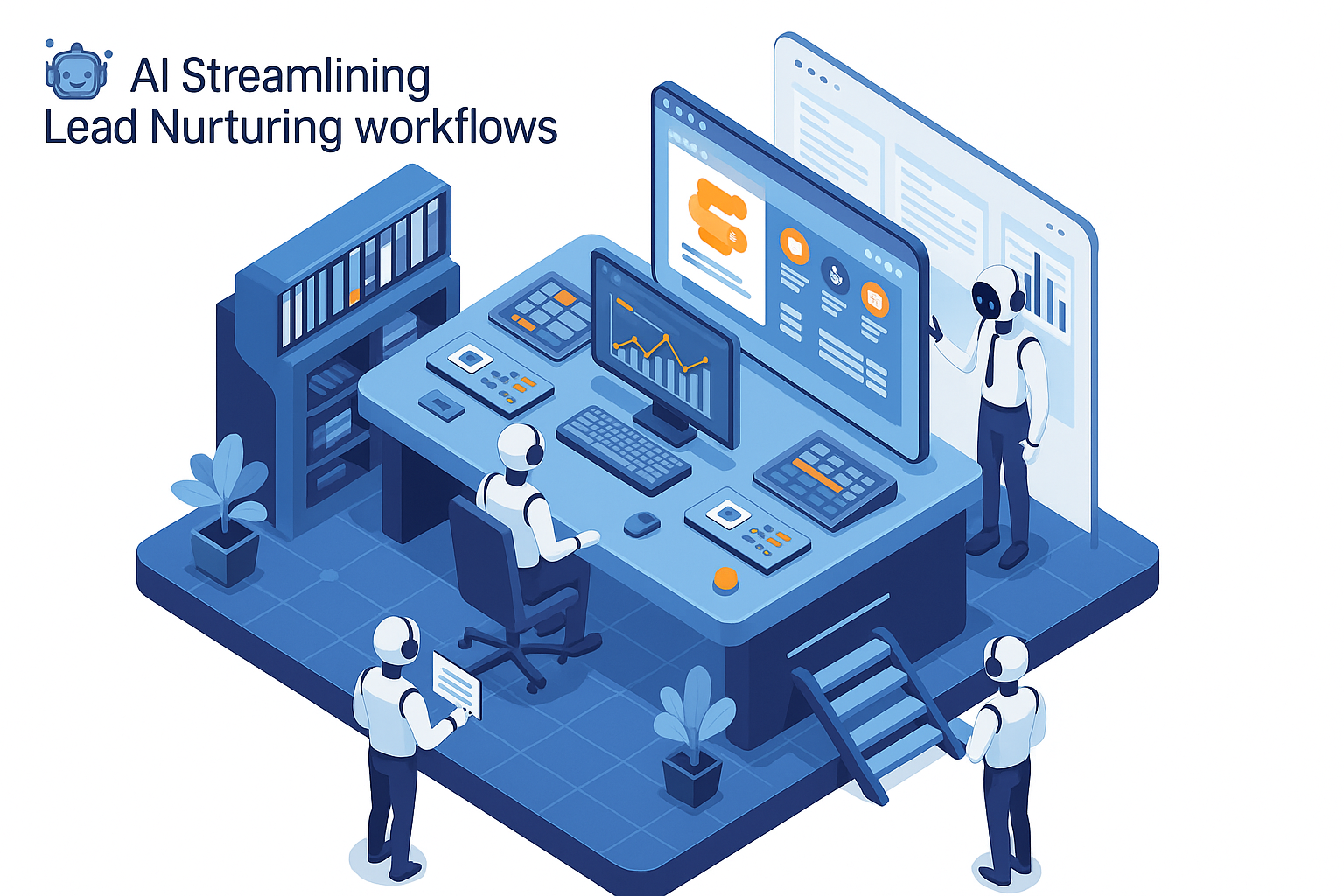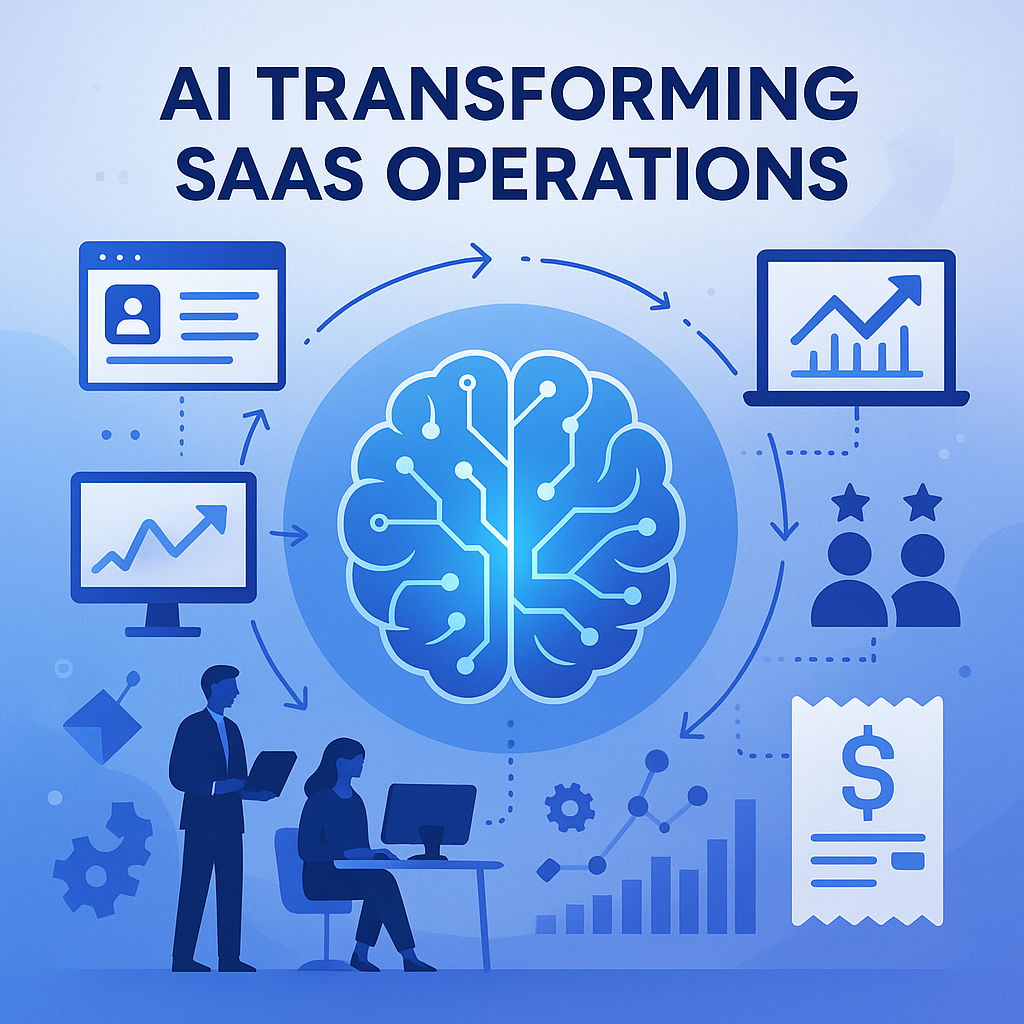The software world today is changing so fast that SaaS vendors are under intense pressure to offer quick and easy integration for better app connectivity.
Users want their softwares to be in data sync, so that information can easily flow between applications to support a productive workflow.
Embedded Integration Platform as a Service (embedded iPaaS) is simply a prismatic integration marketplace of apps that SaaS vendors can curate inside their platform to offer SaaS integrations.
In this blog, we'll explore the key advantages of having an embedded iPaaS and explain why it's fast becoming a must-have for SaaS products seeking to accelerate product development.
1. Enhance User Experience
Embedded iPaaS is the simplest approach to the integration process, allowing end-users to connect applications directly from inside a SaaS product. It cuts down the necessity for users to toggle between their applications to creating a super consistent experience.
For example, a CRM system like Salesforce with integrated iPaaS could enable users to connect their email marketing application like mailchimp or help desk from inside the CRM interface. The low friction improves customer satisfaction because they get to manage all their connections in one place without having to add more technical overhead.

2. Increase Customer Retention Workflow Automations
When SaaS products offer in-app integrations, they have improved metrics for user engagement and retention. Embedded iPaaS equip SaaS platforms with instant integrations to third-party applications, so users can easily wrap the software into their daily workflows and get the most out of these ‘connectors’.

Customers are more likely to stay loyal to a product that can grows with their needs, so this reduces churn by creating a sticky, flexible platform that creates value in the long term.
3. Reduced Development Costs and Faster Time-to-Market
Developing and maintaining integrations is a resource-intensive process. Every time a customer requests a new integration, the development team may end up
- Writing a custom API connection
- Test the API for proper integration
- And maintaining it with every release.
In effect, a white labelled app marketplace removes much of that by providing a an embedded marketplace with a library of pre-built connectors.
For SaaS businesses, embedded iPaaS offsets the expense to develop these integrations themselves or spend months and months to get new features to market. Which means that development teams can focus on making the product itself better rather than constantly building to individual integrations.

4. Scalable Integration Options for Growing Businesses
For SaaS companies looking to scale, embedded iPaaS platforms are built to be highly scalable, so they can handle ever growing data volumes and integrations without sacrificing performance for an expanding customer database.

This kind of scalability is key to support businesses that have varying levels of technical needs. The larger the users get, the more sophisticated their integration needs become, the SaaS provider can still easily adapt without too much software customization.
5. Improved Data Security and Compliance
Security and compliance for data are very important to any SaaS provider. The security features of embedded iPaaS platforms are strong enough to safely handle and hide sensitive data flowing between integrated applications. Data encryption, access controls and regular security patches will keep confidential information secure.

In addition, the majority of embedded iPaaS vendors are compliant with industry standards and regulations like GDPR, HIPAA, and SOC 2 to easen security and compliance efforts for SaaS products without additional investments in software architecture.
6. Customizable and White-Labeled for Brand Consistency
Branding is key. When customers look at a software interface, the entirely look and feel should resonate with the product's branding.
White-labeling integrations allow SaaS providers to package their integration tools and connectors to they appear and feel like the rest of their platform, for a fully unified user experience.
This level of brand consistency builds trust, as users receive a smooth UI/UX that feels like a part of the SaaS product.
Here is an example of white-labeled integrations for B2B SaaS.

'It can put a professional veneer on the product' and 'help the brand to differentiate in the marketplace'
- says one software vendor of white-labelled embedded iPaaS.
7. Continuous Updates and Maintenance by the iPaaS Provider
Maintaining the integration connectors and APIs is entirely on the iPaaS vendor. This makes sure that integrations still function as intended even when third-party applications modify their APIs.
If, say, a popular CRM or an email system updates its API, the embedded iPaaS vendor takes care of updating the connector, so consumers of that SaaS product don't experience a gap in service. This 'don't touch it' philosophy is a lifesaver for customers to anticipate predictable and stable integrations.
Buying An Embedded iPaaS = Shipping Integrations Faster
Embedded iPaaS is revolutionary for SaaS providers, with benefits all over from better customer satisfaction and business scalability to unmatched operational efficiency.

Try Konnectify’s Embedded iPaaS
More SaaS vendors will start using embedded integrations, and the rest will be forced to play catchup with roadmap deadlines and user expectations for integrations.
So build for customer stickiness and stay ahead of the curve in today's world of connected systems with your own branded app marketplace.
FAQs
What is embedded iPaaS?
Embedded iPaaS is a form of integration where the SaaS vendor offers integration capability as part of the platform, letting users connect other tools from the application itself.
How does embedded iPaaS improve customer retention?
Users can do a lot more with fewer clicks, embedded workflow automations are some of the best features that an embedded iPaaS. In-app integrations and automations in a SaaS product make it sticky and convenient for use, so churn decreases.
Can embedded iPaaS reduce development costs?
Embedding an Integration marketplace in your product is the most cost-effective way to ship product integrations quickly with pre-built connectors and tools that eliminate the need for homegrown integrations and reduce maintenance.
What industries benefit most from embedded iPaaS?
Embedded iPaaS great value to e-commerce, healthcare, finance and other CRM-driven applications because it gives the benefit of data integration and process automation under the brand of the application.
Is embedded iPaaS scalable for large SaaS applications?
Absolutely. For integration middleware, scalability is a key advantage that equip SaaS companies to support a growing number of integrations as their user base grows.
What makes embedded iPaaS secure?
A white labeled SaaS integration software makes security a priority by offering encryption for secure API integration services and adherence to industry standards such as GDPR and HIPAA to keep data intact as it flows between cloud integrations in a B2B SaaS marketplace.

%20(3615%20x%202415%20px)%20(3).webp)




